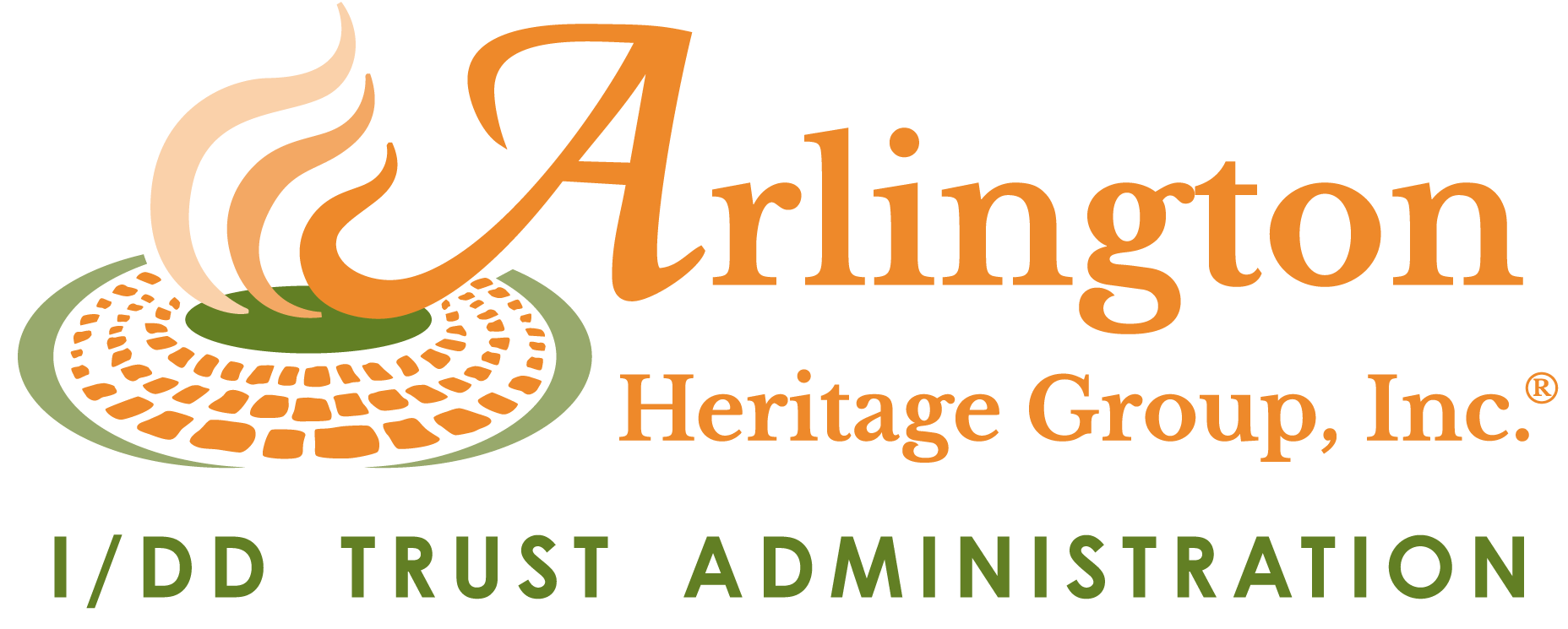Arlington Heritage Group is here to guide you through every aspect of creating your special needs pooled trust.
Below are some frequently asked questions:
The Federal Omnibus Budget Reconciliation Act (OBRA) of 1993 paved the way for individuals with special needs to use specific irrevocable trust accounts: the special needs trust (also known as a d4a trust) and the special needs pooled trust (also known as a d4c trust). Each offer disabled individuals the ability to save money above the resource limit of $2,000 while maintaining benefits; the law recognizes both trusts as exempt from a person’s resources.
A special needs pooled trust allows for one trustee to manage the trust accounts of many. All individual trust accounts are pooled together for investment purposes. The trustee governs all aspects of the trust, including participants, individual distributions, investment policy, remainder policy and other features. This type of trust allows providers to effectively manage consumer funds since “spends downs” are no longer necessary. It is also ideal for clients who receive large sums, such as inheritance, court awards or retroactive Social Security payments.
By law, the trustee must be a non-profit, since this type of trust has no Medicaid Payback. The trustee may maintain “remainder funds” from decedent trust accounts provided they only be used for others disabled by SSI criteria. Thus, there is a true charitable purpose to the special needs pooled trust wherein a participant’s peers (or other members in their community) can benefit.
Arlington Heritage Group offers The Provider Trust, a wholly developed special needs pooled trust. Providers adopt the trust as their own and can rapidly enroll participants without expensive personnel or legal costs. Providers are fully supported with Arlington Heritage Group as administrator responsible for compliance, record-keeping and training. These services are at no cost to the provider and low cost to the individual.
There is no minimum amount required to open a trust account but we recommend at least $100 with the expectation that the account will be receiving additional deposits over time.
Yes, additional deposits can be made after opening the trust account. One of the major reasons for establishing a trust account is that assets that would otherwise affect resource limits can be deposited to the trust. The beneficiary, family member or friend can contribute to the trust at any time by making a check payable to “AmeriServ Trust & Financial F.B.O.* [individual’s name]”. The check and deposit form are then submitted to Arlington Heritage Group for processing. Also, income from work, workers compensation awards, child support or other sources can be paid into the special needs pooled trust without jeopardizing government benefits.
* F.B.O. = For The Benefit Of
The law states that any remainder funds may be retained in the trust to be used at the trustee’s sole discretion for others in their community that are disabled via SSI criteria. If the Trustee does not wish to retain the funds, then the funds must be remitted to the residing state’s Medicaid Estate Recovery Program.









